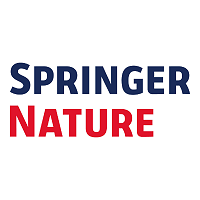Cytoplasmic male-sterility (CMS) conferred by the CMS-S cytoplasm has been most commonly used for onion (Allium cepa L.) F1 hybrid seed production. We first report the complete mitochondrial genome sequence containing CMS-S cytoplasm in this study. Initially, seven contigs were de novo assembled from 150-bp paired-end raw reads produced from the total genomic DNA using the Illumina NextSeq500 platform. These contigs were connected into a single circular genome consisting of 316,363bp (GenBank accession: KU318712) by PCR amplification. Although all 24 core protein-coding genes were present, no ribosomal protein-coding genes, except rps12, were identified in the onion mitochondrial genome. Unusual trans-splicing of the cox2 gene was verified, and the cox1 gene was identified as part of the chimeric orf725 gene, which is a candidate gene responsible for inducing CMS. In addition to orf725, two small chimeric genes were identified, but no transcripts were detected for these two open reading frames. Thirteen chloroplast-derived sequences, with sizes of 126-13,986bp, were identified in the intergenic regions. Almost 10% of the onion mitochondrial genome was composed of repeat sequences. The vast majority of repeats were short repeats of<100 base pairs. Interestingly, the gene encoding ccmFN was split into two genes. The ccmF N gene split is first identified outside the Brassicaceae family. The breakpoint in the onion ccmF N gene was different from that of other Brassicaceae species. This split of the ccmF N gene was also present in 30 other Allium species. The complete onion mitochondrial genome sequence reported in this study would be fundamental information for elucidation of onion CMS evolution.

Completion of the mitochondrial genome sequence of onion (Allium cepa L.) containing the CMS-S male-sterile cytoplasm and identification of an independent event of the ccmF N gene split
Review badges
0 pre-pub reviews
0 post-pub reviews